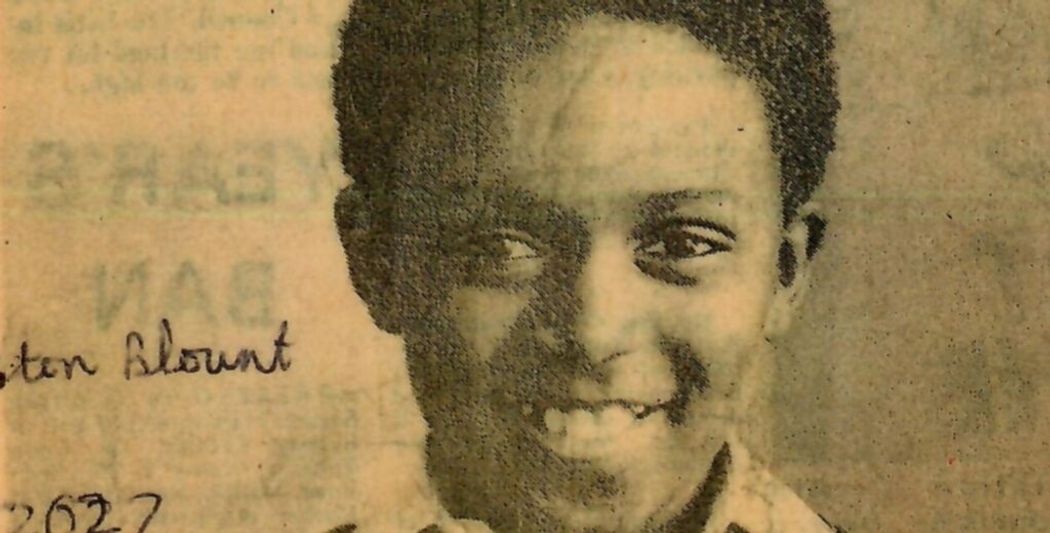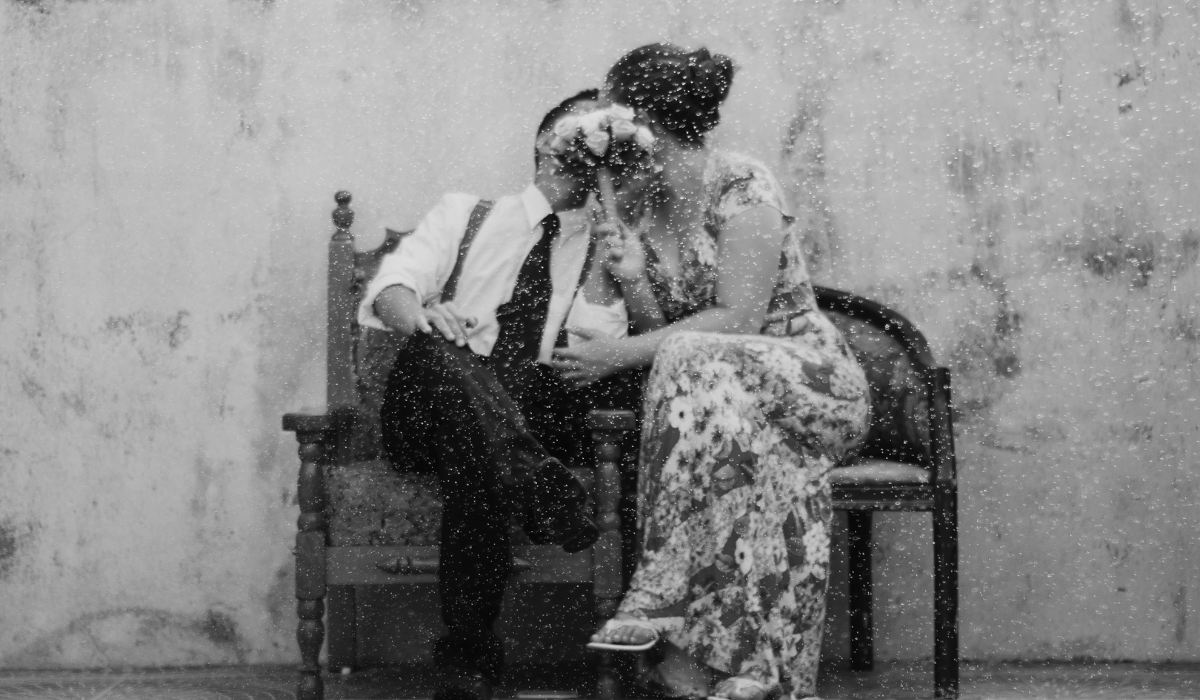“To put your things in order means to put your past in order, too.”
We couldn’t agree more, Marie Kondo. The Japanese author and organisation wizard sparked a tidying phenomenon through her infamous book, The Life Changing Magic of Tidying Up. But Kondo's lessons go far past rationalising your belongings. It’s about decluttering your life in all aspects, learning to let go, and simplifying. And sparking joy doesn’t just happen in your home space.
There’s a fascinating correlation between organising your physical belongings and the drastic impact it has on your mental well-being. The KonMari Method is actually applicable to decluttering your past. Writing your biography helps you discover lost memories, categorise your experiences, and as a result, celebrate your life. By weeding through your past adventures, you’re Kondo-ing your way to a decluttered, fresh slate.
A’la Marie Kondo, here are the seven ways writing your biography is like a spring clean for the mind.
1. Categorise your memories
Arguably the most important element to tidying up is categorising your belongings. You can do exactly the same thing with your past. Organising memories can bring a sense of harmony to your life. By examining your experiences, giving each the proper attention, and placing each into themes or chapters, you’ll be able to compartmentalise sections of your book—and your life.
2. Discard what doesn't matter
Just like a house, it's all too easy to carry around aspects of our own story that no longer serve us. We could all use a good edit. Writing your biography is literally an opportunity to edit your life story. Work out what mattered, and leave out what didn't. Then you can carry that new story with you into the future.
3. Give important moments their place
Anyone who has watched Kondo's Netflix programme knows that people really struggle when it comes to the final stage of her process: letting go of sentimental items. Tearful moments abound as participants in the show cling to keepsakes that have been piled up in the attic for years.
Here's the good news: tidying up doesn't necessarily mean throwing away. It can also mean giving an item the proper respect. For example, you might get rid of a dusty box of prints, but frame the important photos on the wall. The same goes for your history: you can take those 'sentimental items' and present them in a way that gives them their proper place: a page or chapter in your biography.
4. Let go of physical clutter too
If you're holding on to old photos, letters and other mementos, recording your story in a book could free you up to let go of physical clutter as well. Once you have your book, you can be confident the experiences won't be forgotten or lost. Items like photographs and letters can even be scanned and included. With your beautiful hardbound books on the shelf, you might find you no longer need to hold on to so much stuff.
5. Rediscover lost memories and past experiences
Like going through old books, taking a trip down memory lane might just help you to discover memories you’ve hidden away for years. When you start writing your biography, experiences you’ve had buried away come to the forefront. And trust us, it’s worth writing about.
6. Make sense of your life narrative
Your life story might feel like a huge jumble of the good, the bad, and the life-changing. When you start to declutter your past, your true life story can begin to emerge. Everyone has their unique story—you just have to sit down and make sense of yours.
As Marie Kondo says, “From the moment you start tidying, you will be compelled to reset your life. As a result, your life will start to change.”
“The process of facing and selecting our possessions can be quite painful. It forces us to confront our imperfections and inadequacies and the foolish choices we made in the past.” Kondo emphasises that going through our baggage—literal and emotional—can be a difficult thing to confront. When you write your story, every incredible and foolish experience can come up. Sifting through these experiences can help you make sense of your life, for good.
7. Make room for your future
“Attachment to the past and fears concerning the future not only govern the way you select the things you own but also represent the criteria by which you make choices in every aspect of your life, including your relationships with people and your job.” The KonMari Method focuses on attachment and letting go in order to make room for your present belongings. Letting go and accepting your past can make way for your present and future self.
“Not only you, but your things as well, will feel clear and refreshed when you are done tidying.” Marie Kondo couldn’t be more right. Going through your life and writing it out can be therapeutic. By talking to someone about everything you’ve gone through, sorting it out, and letting go of the not-so-fun stuff, you’ll feel recharged. Your mental well-being will seriously thank you.
The Life-Changing Magic of Tidying Up can help us declutter our entire lives. Ready to get deeper? Schedule a free consultation for you or a loved one to start decluttering your past and writing a biography!
For more details, sign up for our newsletter, or contact us today.




